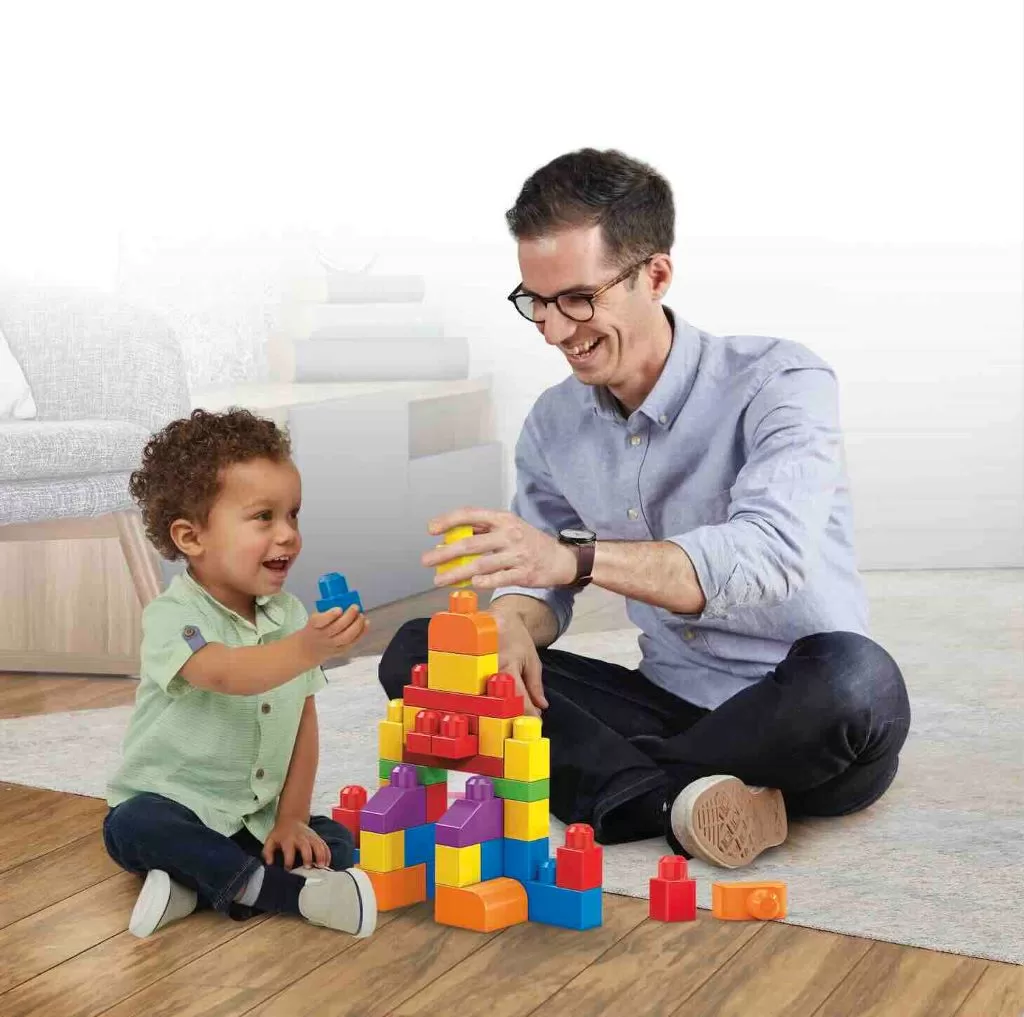Raising a kind kid: tips from a Child Development Expert
Does your preschooler refuse to share? Have they ever said something REALLY embarrassing (and loud) about a stranger at the supermarket? We’ve all been there. As a mom and a child development expert, I can tell you that preschoolers have not yet developed an understanding of other people’s perspectives–they say and do what they want and they’re not always kind.

Studies show that doing acts of kindness can give kids a greater sense of belonging, improve their self-esteem, social skills, relationships and increase their happiness. Very simply, doing something kind for someone else feels good!
Show what kindness is. Instead of trying to explain what kindness is, SHOW them. Point out acts of kindness you notice in books, on TV or even during playtime. Model kindness at home and when you’re out. Remember, you are their best teacher!
Be their kindness coach. Set your child up for kindness success by creating very specific kindness opportunities. For example, “Your brother loves MEGA Bloks. I think he’d be really happy if you shared one with him. That would be really kind of you!” Suggest kid-sized acts of kindness your preschooler can do all on their own:
· Smiling
· Giving a compliment
· Drawing a picture for someone
· Saying “please” and “thank you”
· Sharing during play time
· Asking a friend to choose the game they play.
Use pretend play to practice empathy. Most preschoolers do not yet understand how their words and actions make other people feel. While playing together, encourage empathy and perspective by asking your preschooler how they think their character feels. (“Uh-oh! Your doll is not sharing with her friend! How do you think her friend feels? How does your doll feel?”)
Pour on the praise. Reward even the smallest act of kindness with a big serving of praise. Besides reinforcing the behavior, it will set an expectation that kindness is important to you. Also, your praise serves as a good example of being kind.
Discuss—and celebrate—differences.
Expose your child to people who are different from you and your family. Choose media and toys that represent different cultures, abilities, languages, genders and races. Then encourage them to ask questions. Discussing those questions builds acceptance, empathy and yes, kindness.
Teach kindness during playtime: MEGA Bloks can be a powerful tool in teaching kindness during play. Build or encourage your child to build something together with a sibling or friend, and emphase the importance of collaboration and sharing. Suggest that they take turns adding blocks to a shared structure or ask them to help a younger sibling build something they envision. This fosters teamwork and teaches them the joy of helping others achieve their goals. MEGA Bloks especially help them learn empathy, cooperation, and the positive impact of kindness actions on others.
Gentle reminder: Every kiddo develops at their own pace. This is just a general guideline.
Being kind to yourself is just as important as being kind to others. Teaching kindness takes a ton of patience. And to be honest, being kind is not always easy for adults or for children, right? So be kind to yourself in this process. It’s okay to show your child that you sometimes have trouble being as kind as you’d like to be. Keep practicing kindness—together! And speaking of practicing kindness: thank you for reading this article!


























